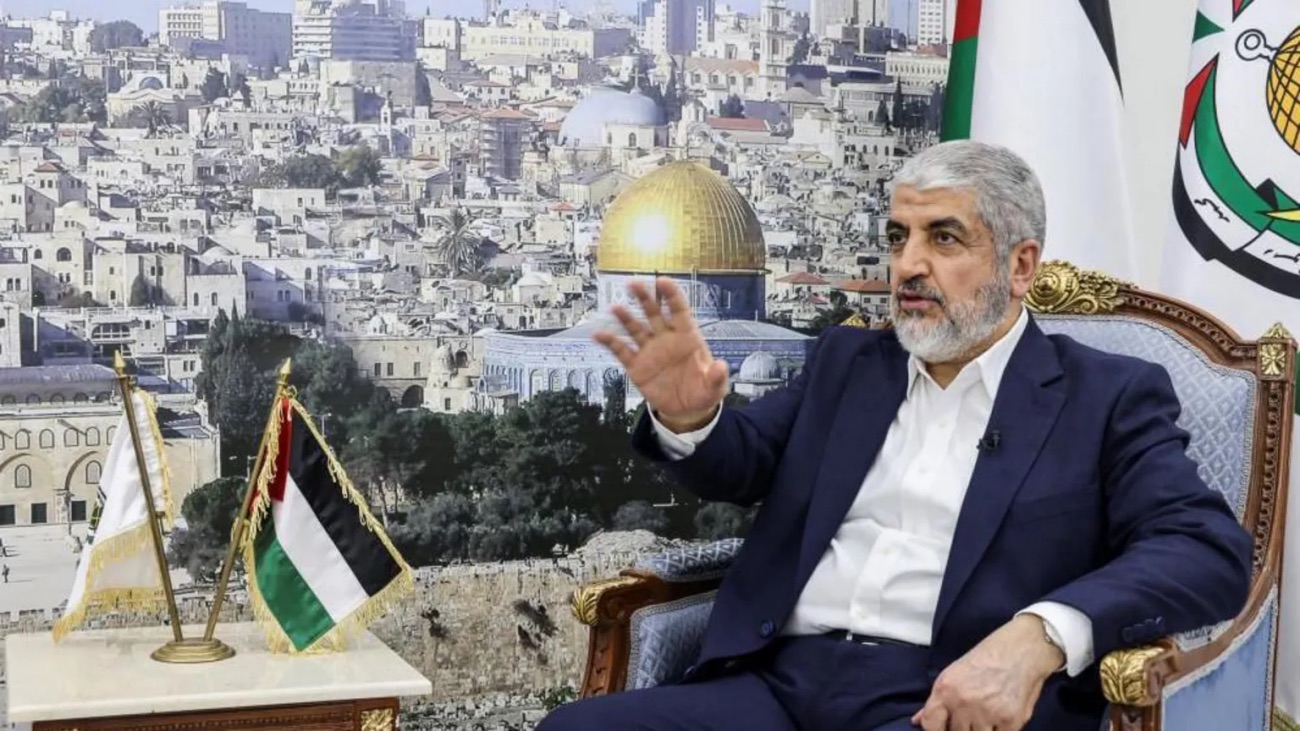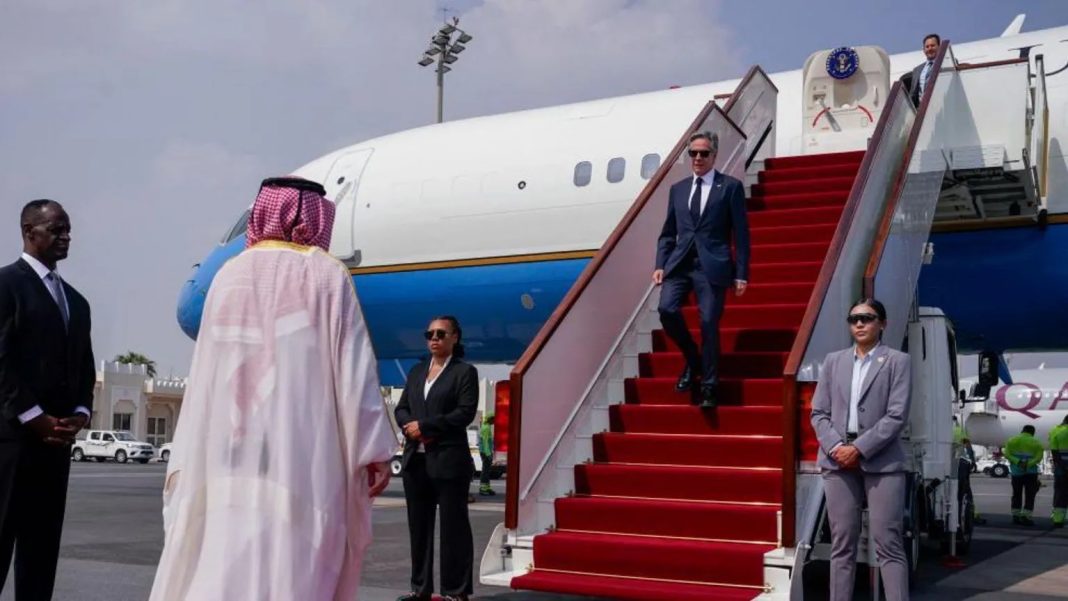DOHA, Qatar – Qatar has temporarily halted its efforts to mediate in ceasefire and hostage-release negotiations between Israel and Hamas, citing a lack of willingness from both parties to reach an agreement.
The announcement follows increasing tension with the U.S., which reportedly requested the Gulf state reconsider hosting Hamas representatives.
Qatar, which has played a central role in previous rounds of mediation, stated it would resume its diplomatic efforts “when the parties show their willingness and seriousness to end the brutal war.”
The Qatari Foreign Ministry clarified that initial reports of a complete withdrawal from negotiations and demands for Hamas’s political office in Doha to close were “inaccurate.”
Qatar’s Foreign Ministry explained that it had informed involved parties 10 days prior that its mediation efforts would pause if recent talks did not yield results.
The most recent attempts in mid-October failed after Hamas rejected a short-term ceasefire proposal, insisting instead on a full end to hostilities and the withdrawal of Israeli forces from Gaza.

U.S. Pressure and Shifting Diplomatic Dynamics
U.S. officials reportedly expressed dissatisfaction with Hamas’s position, alleging that the group had refused to engage constructively in recent peace efforts.
Reports suggest that Washington requested Qatar’s assistance in closing Hamas’s political office in Doha, which has served as the group’s base since 2012, allegedly at the invitation of the Obama administration.
While the U.S. has intensified its calls for Hamas’s relocation, Qatar has yet to take definitive action, stating that the office “serves as a communication channel” critical for ongoing diplomatic efforts.
Qatar remains a crucial ally to the United States, hosting a significant American airbase and facilitating talks on various regional issues, including recent dialogues involving the Taliban and Iran.
As one of the primary mediators in the Gaza conflict, along with Egypt and the U.S., Qatar’s diplomatic influence has been pivotal, although recent developments suggest a potential shift in its stance.
Hamas’s Next Steps: Potential Relocations to Iran or Turkey
If Qatar ultimately accedes to U.S. requests, it remains uncertain where Hamas may relocate its political base.
Iran, a significant ally, could provide support, but recent assassinations of Hamas leaders have raised safety concerns.
Ismail Haniyeh’s death in Tehran in July and Yahya Sinwar’s death in October have reportedly led Hamas to adopt a model of collective leadership to mitigate risks.
Turkey may be a more viable option, given its position as a NATO member with frequent ties to Hamas.
President Recep Tayyip Erdoğan hosted Ismail Haniyeh and other Hamas leaders in Istanbul last year, highlighting Turkey’s potential as a safe base with established diplomatic channels.
U.S.-Israel Relations Strain over Gaza Conflict
Meanwhile, tensions between the Biden administration and Israeli Prime Minister Benjamin Netanyahu continue to grow.
U.S. Secretary of State Antony Blinken and Defense Secretary Lloyd Austin recently issued a deadline to Israel to improve humanitarian access in Gaza by 12 November or face policy consequences.
The statement followed concerns expressed by multiple UN officials regarding the dire situation in northern Gaza, with some describing it as “apocalyptic.”
Relations between the U.S. and Israel have reportedly soured over the handling of the conflict, with increasing pressure from Washington for Israel to allow more humanitarian aid and seek a negotiated resolution.
As Qatar pauses its mediation, the situation remains complex, with diplomatic options narrowing for both sides.







